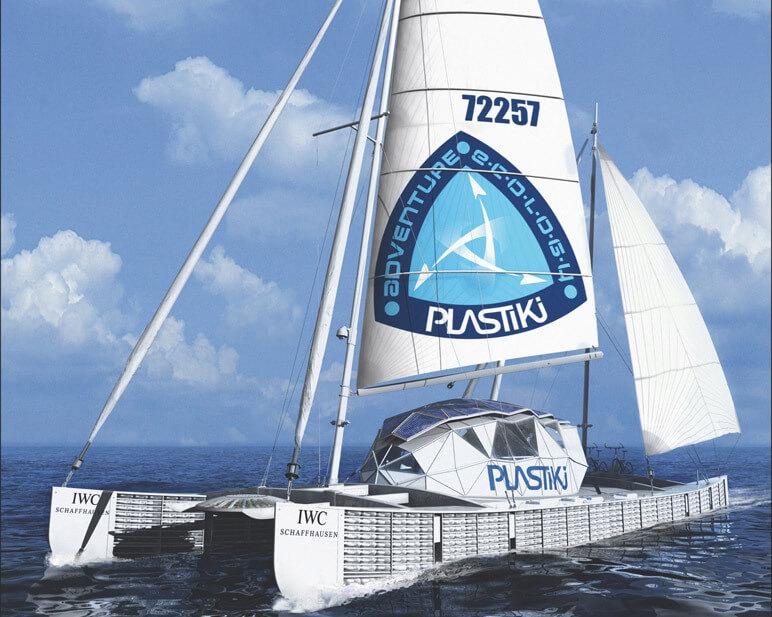In the past few years especially, the environment has become a frontline global issue. With the polar icecaps liquefying at an alarming rate and the amount of carbon dioxide in the air the highest it’s been in the last 650,000 years, we’ve reached a critical juncture where it’s impossible to ignore humanity’s negative impact upon the earth. Therefore, it’s become the politically correct stance for businesses to publicly voice support for restrictive measures aimed at curtailing industry pollution. Unfortunately, the gap between intention and action leaves much to be desired, particularly now with the turbulent economy and the pressure to keep the balance sheet steady with a ballast of black ink. Shifting to a less toxic production isn’t an inexpensive proposition.
IWC is a company that didn’t hesitate to take up the gauntlet, setting an example in the horological world as early as 2002 by improving their environmental track record. For their efforts, IWC gained a carbon-neutral certification, which means that their enterprise has a net-zero impact on global warming. But IWC has gone even further than setting its own house in order.
The small things can make a big difference
As an expression of their commitment to corporate responsibility, the Schaffhausen manufactory is supporting the Plastiki Expedition of David de Rothschild and his organization Adventure Ecology. If you’re wondering about the origins of the Plastiki name, de Rothschild took inspiration from Norwegian explorer Thor Heyerdahl’s 1947 bold expedition across the Pacific, from South America to the Polynesian islands. Heyerdahl christened his raft the Kon-Tiki after the Incan sun god.
While there have been several seaside journeys in the name of the environment, what makes Mr. de Rothschild’s particularly special is his choice of vessel: plastic bottles in their original form. The plastic that makes our life so convenient is also the major culprit of waste. Plastic comprises 90% of the debris in the ocean, a haunting statistic. And yet, de Rothschild doesn’t vilify the product. Instead, he aims to change our perspective as consumers.
“I think that the most important thing is not to make plastic the enemy but really reassess how we use, dispose and re-use it,” he says. “It comes down to the old cliché of stopping to think before you buy; can you re-use the bottle that contained the water or soda you drank earlier? I would say that the small things can make a big difference.”
